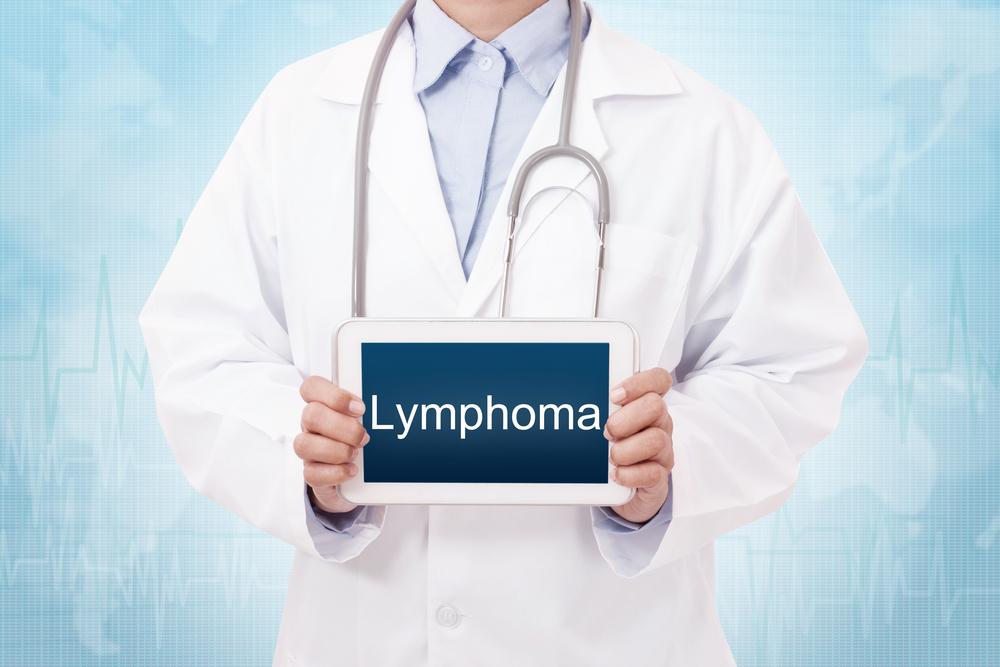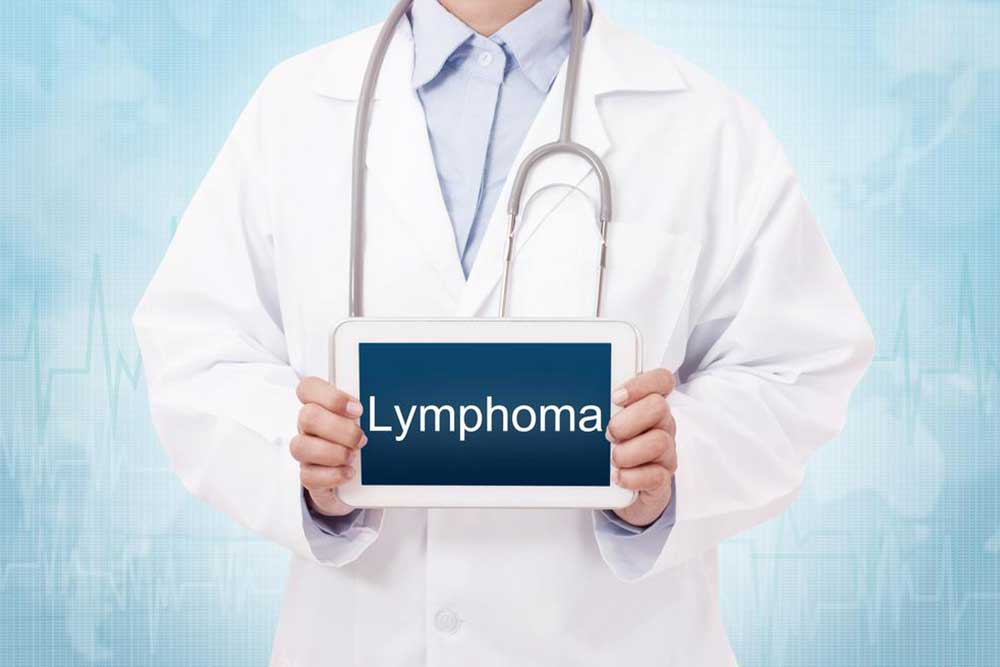Effective Strategies for Managing Hodgkin’s and Non-Hodgkin’s Lymphoma
This article discusses effective treatment options for Hodgkin’s and non-Hodgkin’s lymphoma, emphasizing personalized approaches like observation, radiation, chemotherapy, stem cell transplants, and targeted therapies. It highlights factors influencing treatment choices and the importance of selecting appropriate strategies for improved patient outcomes.
Sponsored

Strategies for Treating Hodgkin’s and Non-Hodgkin’s Lymphoma
Lymphoma is a type of cancer originating from the lymphatic system, which includes organs like the spleen, lymph nodes, and bone marrow. It is categorized into two main forms: Hodgkin’s lymphoma and non-Hodgkin’s lymphoma. The primary goal of treatment is to eliminate all cancer cells when possible, relieve symptoms, and enhance quality of life. Many patients achieve long-term remission with appropriate therapies.
Choosing the right treatment depends on various factors.
Lymphoma classification
Cancer stage and progression speed
Patient’s overall health, age, and individual preferences
Approximately 80% of non-Hodgkin lymphoma cases localized to specific areas respond well to treatment.
Proper treatment selection is essential:
1. Observation Approach
For slow-growing non-Hodgkin lymphomas, doctors may choose careful monitoring with regular tests, initiating treatment only if symptoms significantly impact well-being.
2. Radiation Therapy
High-energy rays target and destroy cancer cells directly, often used to treat localized disease.
3. Chemotherapy
Powerful medication administered orally or via IV aims to eliminate malignant cells throughout the body.
4. Stem Cell Transplant
This involves high-dose chemo and radiation to destroy existing bone marrow, followed by transplanting healthy stem cells derived from the patient or a donor.
5. Targeted and Biological Therapies
Treatments such as monoclonal antibodies, cancer vaccines, anti-angiogenesis agents, and gene therapies focus on specific cancer mechanisms. Many are experimental and require participation in clinical trials.






